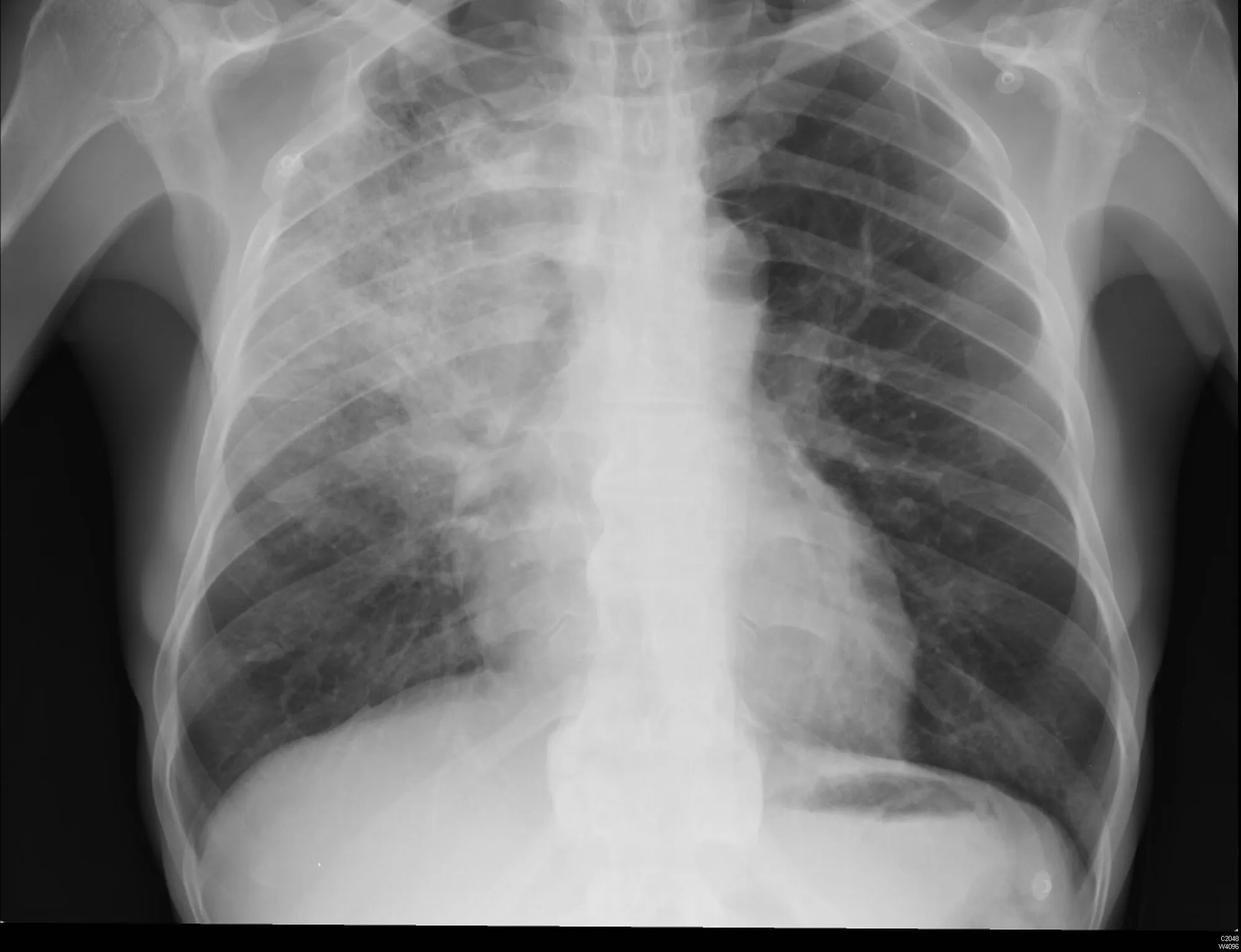What is pneumonia?
Pneumonia is a type of lung infection that can infect one or both of the lungs (double pneumonia).
It causes the tiny air sacs in the lungs to become inflamed and filled with fluid and pus.
It can be caused by bacteria, viruses or fungi.
Is pneumonia communicable?
Many types of pneumonia are contagious and are passed via coughing and sneezing. A few types of pneumonia are not contagious, like aspiration pneumonia which is caused by accidentally swallowing food or water into the lungs.
One can get infected by breathing in an airborne droplet with microscopic bacteria or viruses in it, or it could be a tiny piece of food that went down the wrong pipe into the lungs and breeds bacteria.
What are the risk factors of pneumonia?
Age over 65, Smoking, and certain medical conditions like heart disease, COPD, and diabetes. Hospitalisation. People who have difficulty swallowing due to neurological conditions like Parkinson’s, stroke, and dementia are at increased risk of aspiration pneumonia.
What are the signs and symptoms of pneumonia?
Cough (sometimes with phlegm or pus), chest pain when breathing or coughing, Fever, sweating, chills, shortness of breath, wheezing, lung crackling sounds, lowered levels of oxygen in the blood, fatigue and nausea, vomiting, or diarrhoea. Mild pneumonia may seem like a long case of the flu.
Sometimes, symptoms of pneumonia may be different in elders. They may have a low-grade fever or even a normal temperature. They may also be less alert, show signs of confusion, or experience changes in mental awareness and increased falls.
What are the preventive measures for pneumonia?
Eating healthy foods, Drinking lots of fluids, Stopping Smoking and Alcohol, Sleeping enough, Exercising regularly
Get vaccinated
There are multiple vaccinations that can help prevent pneumonia infections and the flu.
Monitor vitals closely
Major changes in blood pressure that might signal a problem are easy to spot with regular blood sugar, oxygen saturation, respiratory rate, heart rate and bp monitoring.
When should I see a doctor?
If you are over 65, you should see a doctor if you have difficulty breathing, a long-lasting fever, or a cough. This is especially true if you have heart issues, chronic lung problems, or other sensitive underlying conditions.
Do we have a vaccine for pneumonia?
Yes, we have a vaccine for pneumonia in the elderly the way we have the flu vaccine.
TALK TO YOUR DOCTOR ABOUT THE PNEUMONIA VACCINE.







